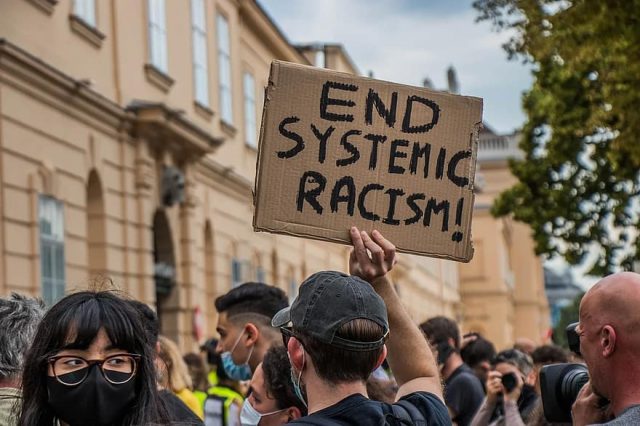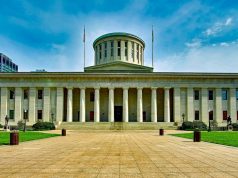ALABAMA – On March 7, 1965, Alabama state troopers brutally beat nonviolent marchers that were on a quest for one thing, freedom.
Tensions were still high and Bigotry remained in some places in America after the Civil Rights Act of 1964, which ended segregation in public places and banned employment discrimination on the basis of race, color, religion, sex, or national origin, but the state still fought against the ability for African Americans to vote. In Alabama, around half the population was black so the people in power saw a change coming and fought back against it.
In January 1965 just months before the walk across the bridge Martin Luther King Jr. came to the city and gave peaceful demonstrations inside Selma backing the cause, which resulted in several arrests including King himself.
To quote Dr. King: “Selma, Alabama, became a shining moment in the conscience of man. If the worst in American life lurked in its dark streets, the best of American instincts arose passionately from across the nation to overcome it.”
On February 18, 1965 bloodshed occurred in an adjacent town when State Troopers clubbed protestors and fatally shot a 26-year-old man Jimmie Lee Jackson who was protesting with his mother. He was killed while trying to shield his mother from attacks from law enforcement.
On Sunday, March 7, in direct response to that attack, 600 voting rights advocates set out from the Brown Chapel AME Church and planned a 54-mile march from Selma to the state capital of Montogmery. The crowd would not make it to their destination and would be stopped with force at the Edmund Pettus Bridge by State Troopers and Sheriff Deputies with tear gas, and clubs.
What set the event into flames was that television cameras caught the event and caused National upheaval on civil rights, the day was dubbed, “Bloody Sunday.”
The outrage on the bigotry swept the country, and sit-ins, traffic blockades, marches, and demonstrations occurred over the next several months. Under President, Johnson Congress passed another important piece of Civil rights, the Voting Rights act on August 6, 1965.
Today, the bridge that served as the backdrop to “Bloody Sunday” still bears the name of a white supremacist, but now it is a symbolic civil rights landmark.











